Program Eligibility
Many fathers are likely to benefit from participation in this program, but especially men whose relationship with their children or children’s mothers is problematic. This may include over-controlling, over-involved, distant and/or irresponsible, emotionally abusive fathers or fathers who have hostile, highly conflictual, or abusive relationships with the children's mothers.
Men are not eligible for the Caring Dads group if a primary concern is men's perpetration of child sexual abuse. Further screening and final decisions around group suitability are done through a clinical intake interview.
To be eligible for the program, men must have some regular supervised or unsupervised contact with at least one of their (0-16 year-old) children.
The group component of Caring Dads combines elements of parenting, fathering, battering and child protection practice to enhance the safety and well-being of children.
Program principles emphasize the need to enhance men’s motivation, promote child-centered fathering, address men’s ability to engage in respectful, non-abusive co-parenting with children’s mothers, recognize that children’s experience of trauma will impact the rate of possible change, and work collaboratively with other service providers to ensure that children benefit (and are not unintentionally harmed) as a result of father’s participation in intervention.
A typical group usually runs for 2 hours, one night a week, for 17 weeks. There are usually between 10 and 15 men registered in each group. Groups may only be led by accredited Caring Dads facilitators.
Intake & Sesions 1-3 (Father Group)
Goal:
To develop sufficient trust and motivation to engage men in the process of examining their fathering.
Therapeutic strategies:
Motivational interviewing to engaging men in examining their fathering, for example: Fathers consider their unique experiences as sons and fathers (e.g., historic, cultural differences) to develop discrepancy between their current and desired relationships with their children and families. Men are introduced to the idea that their experience of their father included their father’s treatment of their mother Initial goals for intervention are set between fathers and group facilitators and homework assignments begin.
Sessions 4-8 (Father Group)
Goal:
To increase men’s awareness and application of child-centred fathering.
Therapeutic strategies:
Parenting education, skills training, role modeling and behavioural practice to develop child centered fathering.
Introduction of the parent to child-centred needs continuum and education and application of information on child development and on the impact of abuse, neglect and trauma on children Role modeling and practice in listening to, playing with and reading to children Education and application of information on child development and on the impact of abuse, neglect and trauma on children Emphasis placed on the need for respectful co-parenting with children’s mothers and for supporting the mother-child relationship.
Sessions 9-14 (Father Group)
Goal:
To increase men’s awareness of, and responsibility for, abusive and neglectful fathering behaviours and their impact on children.
Therapeutic strategies:
Cognitive behavioural therapy to set and track individual goals for change among fathers, for example: Identification of specific abusive, unhealthy, parent-centered behaviors that fathers need to change in order to improve their relationships with their children Recognition of the integral connection between the safety and well-being of children and their mothers Individual goals set with men in group or in individual meetings. Goals target empirically-supported risk mechanisms for fathers’ maltreatment of their children and/or children’s mothers Men are assigned individualized homework and their progress is tracked and modified as necessary by the group.
Sessions 15-17 (Father Group)
Goal:
Consolidating learning, rebuilding trust and planning for the future.
Therapeutic strategies:
Therapeutic strategies: Increasing help-seeking awareness and trust and working with shame, for example: Men are supported in considering the potentially long-term traumatic impact of their past behaviour on their children and/or their children’s mothers and in setting reasonable relationship expectations Support and referral provided for additional services, as necessary Planning for maintenance of gains made.
This component involving systematic outreach to mothers to ensure safety and freedom from coercion. Contact with children’s mothers by devoted program staff or by those working in partnership to ensure women are informed about the program. Collaboration between professionals and with women to anticipate and work to avoid potential unintended negative consequences of men’s involvement in intervention. Provision of referral and of safety planning to children’s mothers, as necessary.
Collaborative Case Management
This component establishes a clear community-based model for accountability to ensure that child safety and well-being is enhanced as a result of fathers’ involvement in intervention. Open communication between Caring Dads program and other professionals working to ensure the safety and well-being of members of the family Joint meetings and planning in response to ongoing or rising risk presented by father. Commitment to working collaboratively to support children.










